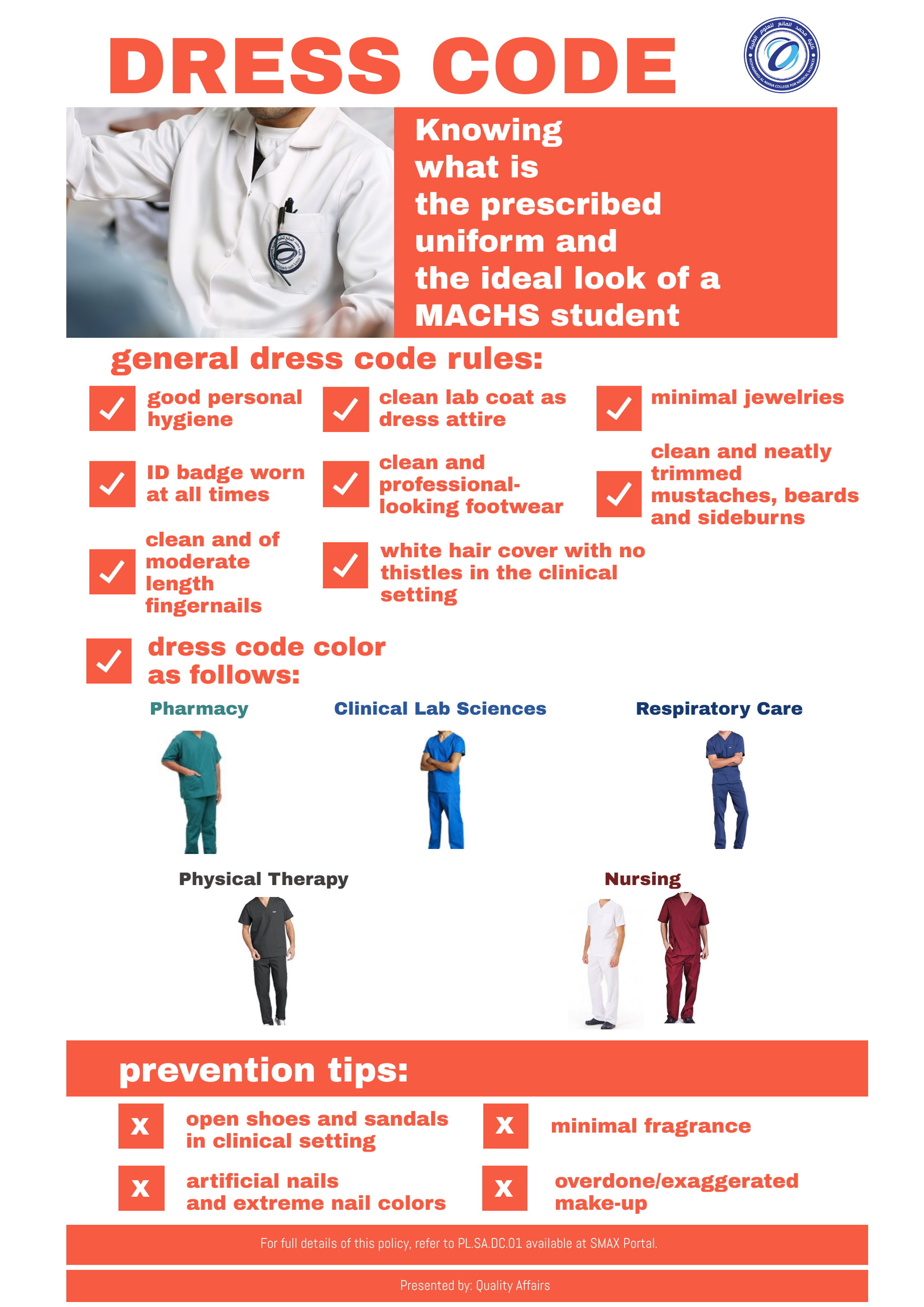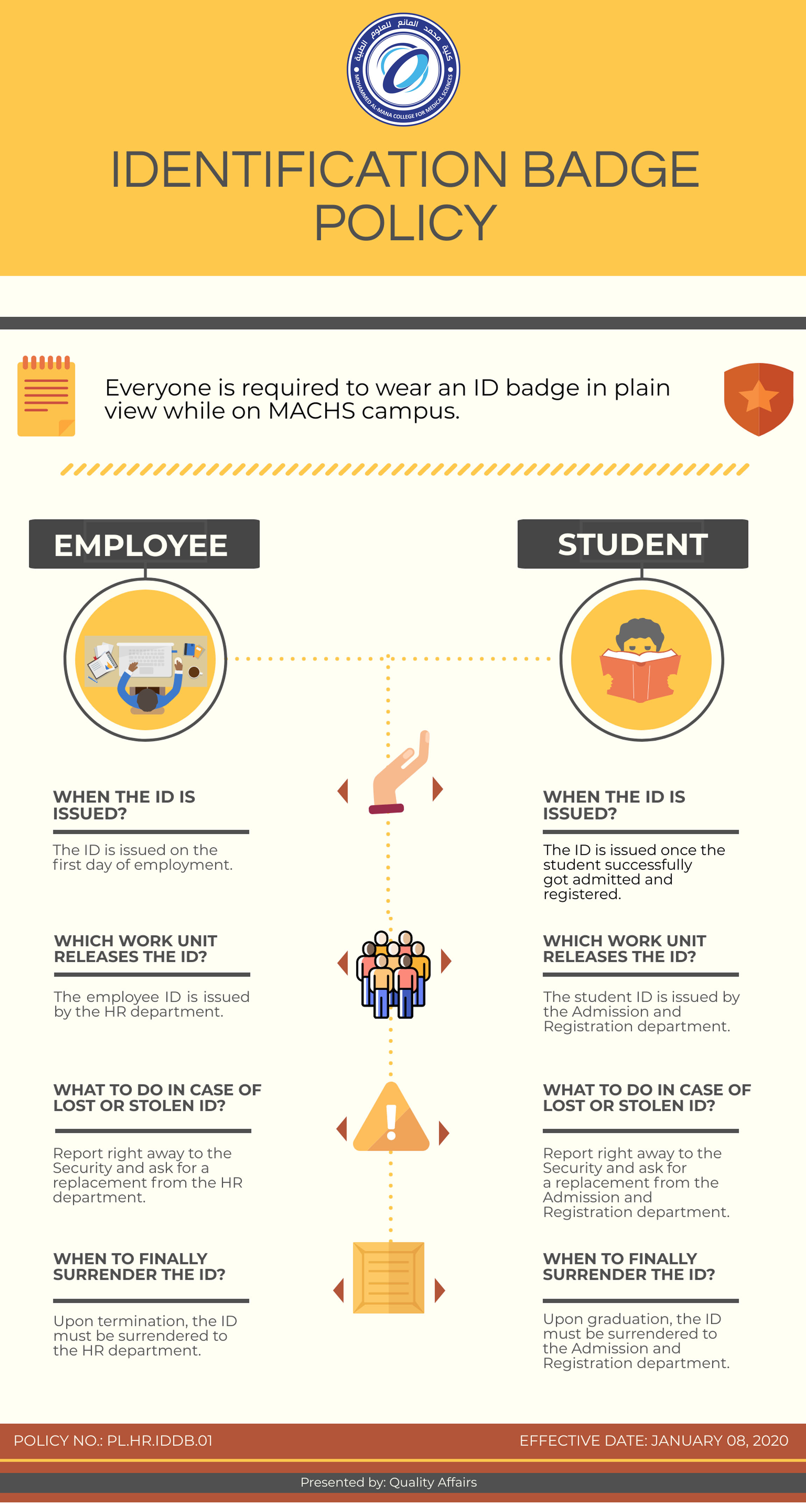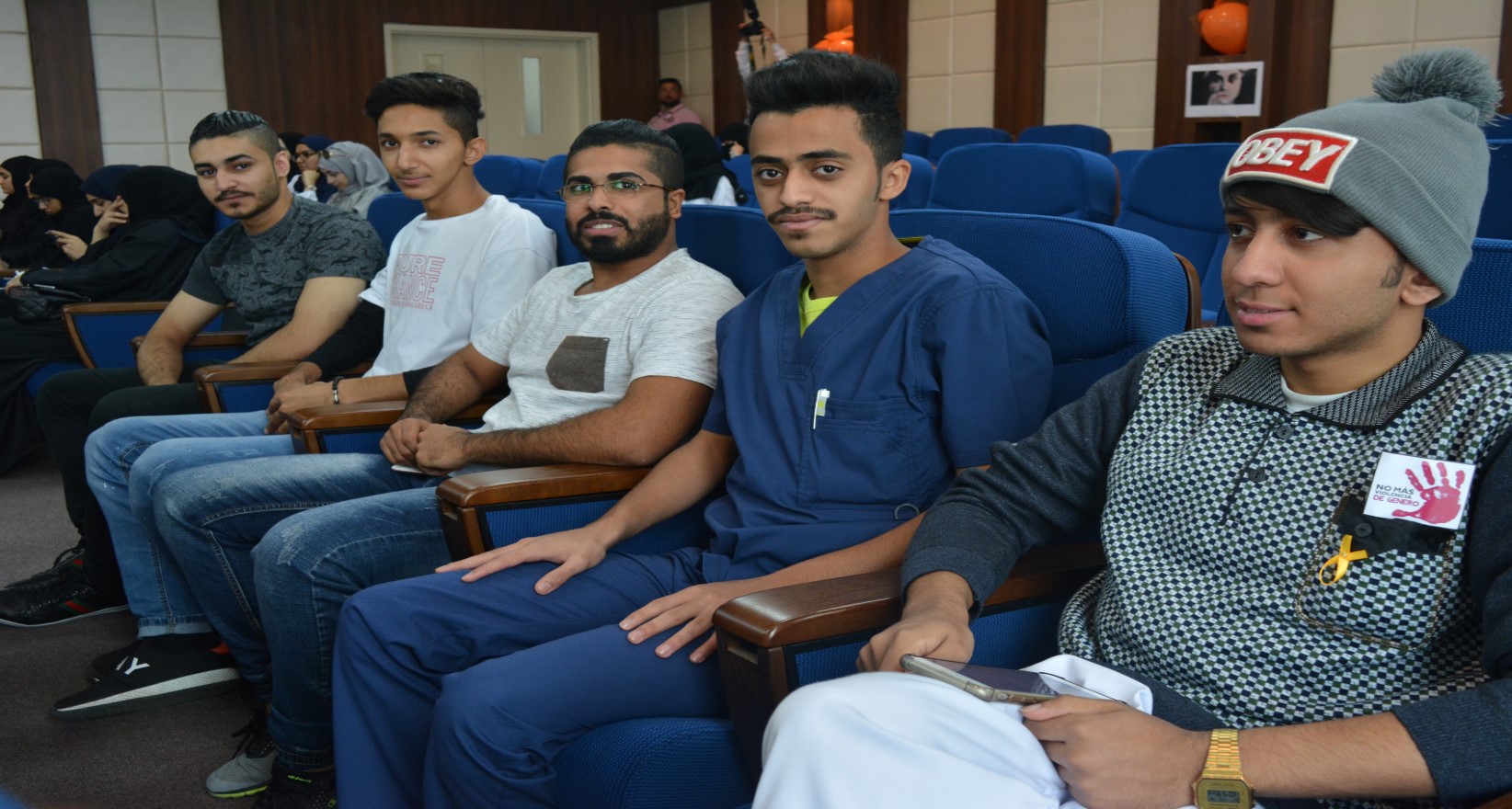Introduction
- MACHS exists to serve students and the surrounding community, providing a transformational learning experience to increase the capacity of individuals and groups to achieve their intellectual, social, and economic goals.
- The college is also a community, and students are important members of this community. MACHS supports a positive educational environment that will benefit students’ success. In order to ensure this vision, the protection of students’ rights, health and safety of the college community, as well as to support the efficient operation of college programs, the college has established a Student Code of Conduct.
- Every student should know the responsibilities that they assume toward other students, faculty and staff as equal members of this community. The college cannot overlook or support any action or activity by an individual or group that impinges on the rights of others, whether these individuals are members of the student body or the community at large.
Definition
- MACHS Students’ misconduct is student behavior in a classroom or other learning environment, which disrupts the educational process.
- Such behavior includes, but is not limited to, verbal or physical threats, repeated rudeness, unreasonable interference with class discussion, making/receiving personal phone calls, text messages during class, excessive tardiness, leaving class or being absent without informing the instructor of illness or other circumstances, and persisting in disruptive personal conversations with other class members.
- For purposes of this policy, it may also be considered a disruptive behavior for a student to exhibit threatening, intimidating, or other inappropriate behavior toward the instructor or classmates inside or outside the class.
Prohibited
The following types of behaviors constitute violations of the College Student Code of Conduct. Any student who is found responsible for any of the following misconduct is subject to disciplinary sanctions.
The violations of the Student Code of Conduct on any college policies, rules, or regulations.
- Conduct which is rude or indecent:
Disruption or obstruction of teaching, instructional, research, disciplinary, public service, administration, or other college activities.
Harassing a person through unwanted conduct directed at him/her causes reasonable fear for safety (e.g., stalking).
Harassing a person through unwanted conduct directed at him/her causes reasonable fear for safety (e.g., stalking).
Threatening physical abuse, intimidation, coercion, retaliation, and/or conduct which threatens the health or safety of others.
Attempted or actual theft of and/or damage to property belonging to the college, any Member of the college community, or others.
- Possession of property the student knows or has reason to believe may be stolen or misappropriated.
- Use, possession, display or storage of any weapon, dangerous instrument, explosive device, fireworks, or dangerous chemical.
- Use, consumption and possession or distribution of any narcotic, dangerous drug or controlled substance that would violate the law.
- Falsification, False Representation:
A student providing false information or misrepresentation to any college office. In addition, forgery, alteration, or unauthorized possession or use of college documents, records, or instruments of identification, forged or fraudulent communications (paper or electronic mail) are prohibited. Such actions will result in dismissal from the college.
- Providing or gaining unauthorized access to or use college property, resources or facilities.
- Engaging in any sexual misconduct, including but not limited to, sexual assault and sexual harassment.
- Failure to comply with directions of the college officials or reporting oneself when asked to do so.
- Knowingly filing a complaint comprised in whole or part of false accusations.
- Failure to respond as directed by the Student Affairs officer or any member of the college on any matter including, but not limited to, a request to meet concerning an issue, or a notice alleging a violation of the Student Code of Conduct.
- Failure to comply with the sanction imposed for an earlier violation of the Student Code of Conduct.
- Bullying, which includes any intentional electronic, written, verbal, or physical act or a series of acts of physical, social, or emotional domination that cause physical or emotional harm to another student or group of students. Bullying conduct may not only cause a negative effect on individuals targeted, but also others who observe the conduct. Bullying conduct is severe, persistent, or pervasive and has the effect of doing any of the following:
Intentionally disturbing the work of any member of staff or studies of students.
Creating a threatening or intimidating environment.
Substantially disrupting the orderly operation of the college. Bullying is prohibited, and participating in such acts will result in disciplinary action.
Sanctions
The severity of sanctions or corrective actions may depend on the severity, frequency, and/or nature of the offense, history of past conduct, the respondent’s willingness to accept responsibility, previous institutional response to similar conduct, and the institution’s interests.
Students who are found violating the college rules, procedures or policies may be subject to one or more of the sanctions below, which may be imposed on a temporary or permanent basis.
Individual Student
Sanctions for Individual student:
- Verbal Warning
If the grievance committee concludes after an investigation that a student at fault, he or she will be given a verbal warning specifying the reason for the warning.
- Written Reprimand
A written warning by the social worker that the student has violated regulations will serve as a notice that continuation or repetition of code violations may result in more severe actions.
- Educational Sanctions
Removal of the student from good disciplinary standing. Additional restrictions may also be imposed. Probation will last for a stated period of time until specific conditions if imposed, have been met. Any violation of these rules, the Conditions of probation during the probationary period will subject the student to further discipline, including suspension or expulsion.
- Disciplinary Probation
If the grievance committee concludes after an investigation that a student at fault, he or she will be given a verbal warning specifying the reason for the warning.
- Restitution
The restoration of something lost or stolen to its proper owner.
Reimbursement for damage or loss caused to others.
- Suspension
Temporarily banned from attending classes and other student privileges for a defined period of time.
- Expulsion
Termination of student status in the college community. This means that a student is permanently banned from all classes, services, events, and the use of any property owned or controlled by the college.
Social Violations
The conduct producers for social violations. Filling a Compliant.
- Any member of the college community may bring a complaint against a student or any other college member. A student may also confess for committing a social violation. The initial complaint is made to the social worker. After scheduled for a meeting, the result may be in a written warning to the student and the member who is involved will be requested for a formal incident report.
- The member who has complaints is responsible for gathering the information to support the charge.
- If the student agrees that the complaints are a true about her/him, the Grievance Committee will suggest an appropriate sanction and decide whether this will be considered as a warning.
- If the student and the member who has expressed grievance agree on the sanction, the Grievance Committee will report the complaints and sanction to the dean, who will see if the sanction is appropriately recorded in the student’s permanent college file. The grievance committee will communicate to the student concerning the serious consequences of any subsequent complaints.
- If a student receives a warning and has no further academic breakings, that student’s name will be removed from the Dean’s Warning File upon graduation or withdrawal from the college
- A second or third breaking or an violation following a warning.If the student’s Dean’s Warning File contains a record of one or more prior academic Breaking(s) or Warning(s),the Grievance Committee determine what sanction is appropriate
- The grievance committee will advise the student about procedures and present a written notification of the charges to the student and that will take no longer than 10 working days.
- A student’s academic conduct history will be taken into consideration during the sanction decision.
- The Grievance committee may choose one of, or several among all available sanctions and may also design a specific sanction for a specific infraction.
- Student will be directed to pick up the final letter and sign it at the office of the Dean or psychosocial unit.



